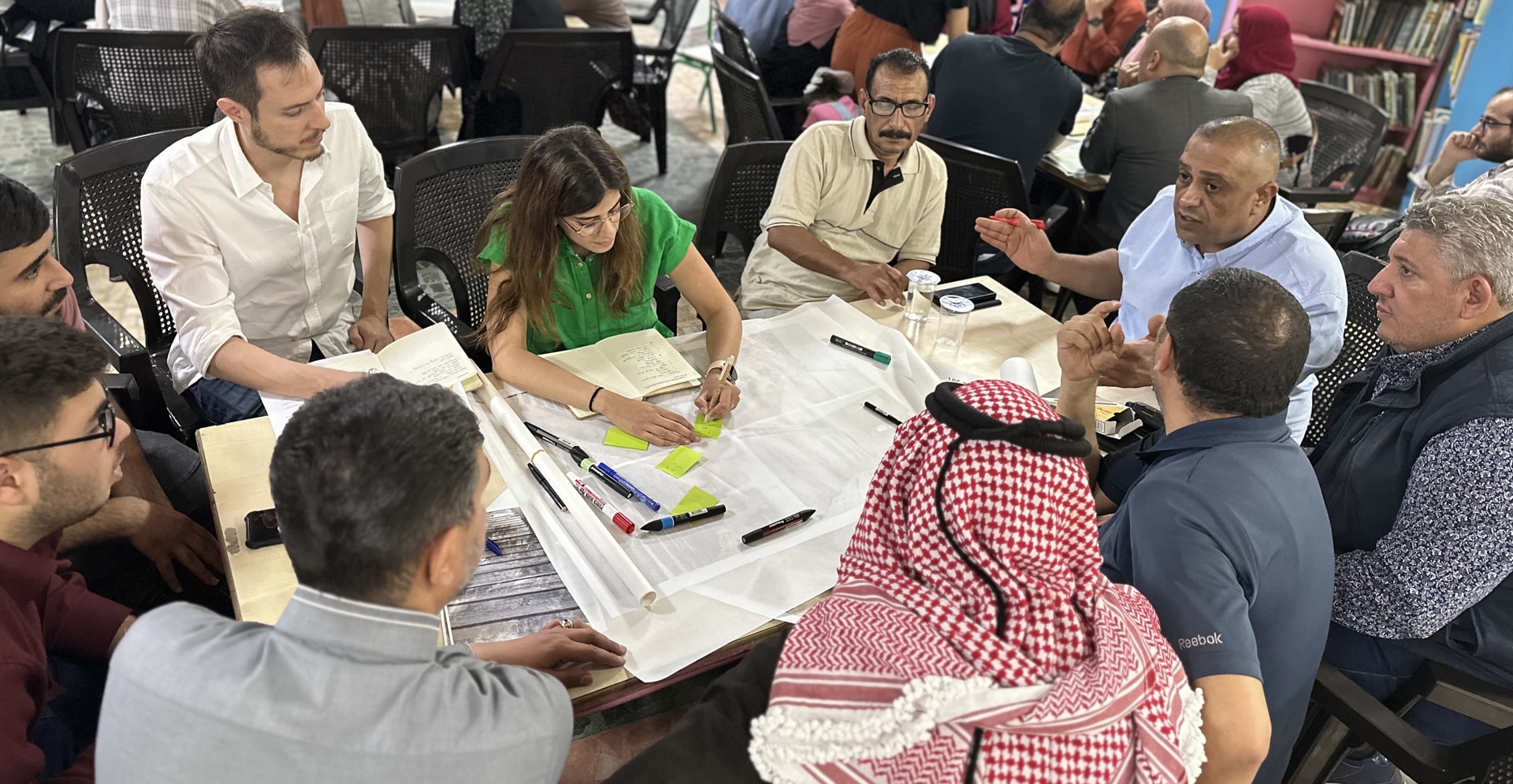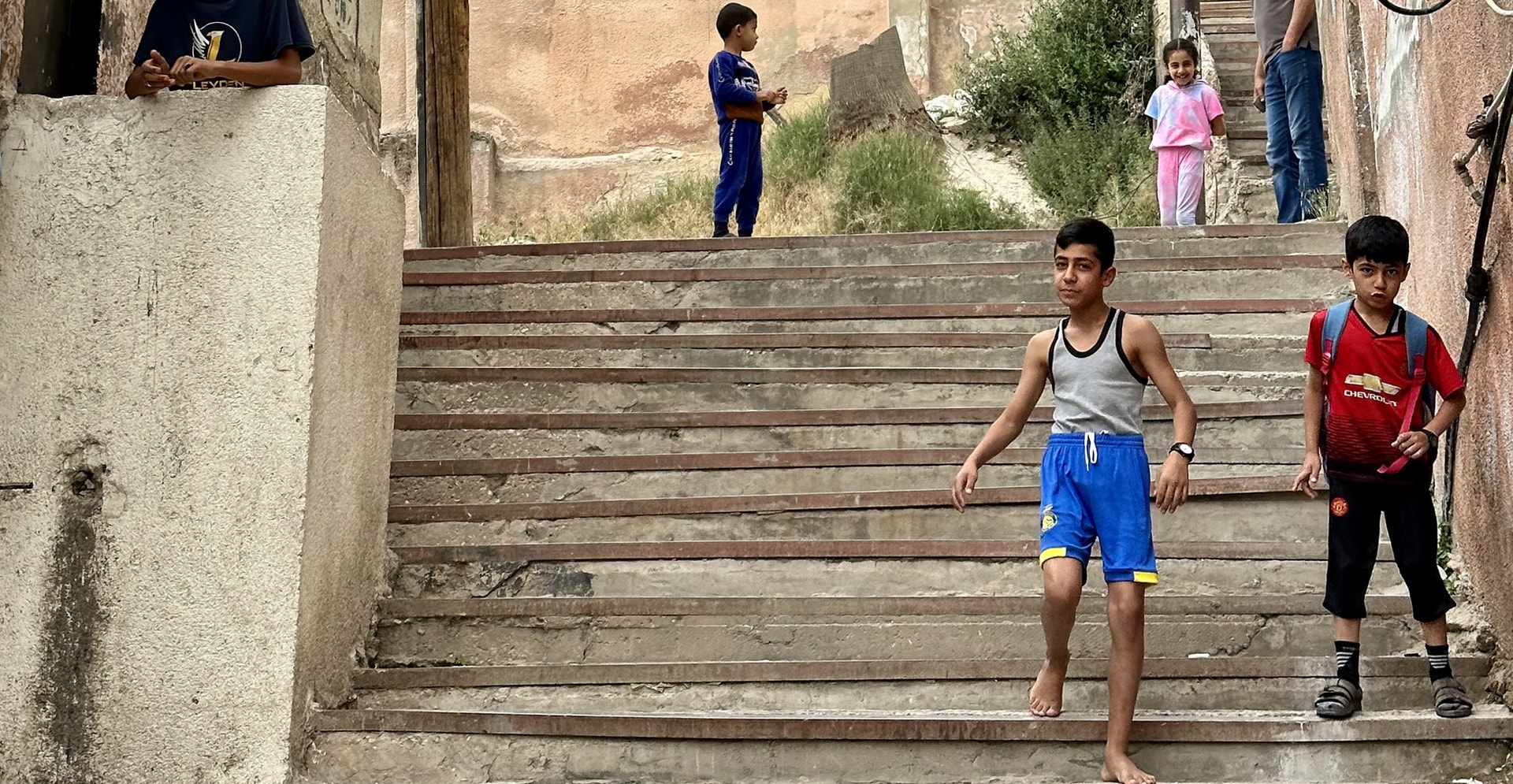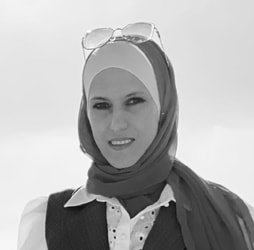Migration has played a significant role in shaping Jordan’s history, impacting the country’s politics, economy and social fabric. As waves of displaced populations arrive, new communities have emerged, putting pressure on urban areas. In Amman’s Al Hashmi Al Janoubi neighborhood, residents face the challenge of navigating unsafe staircases to access essential public spaces and services.
A step toward a stronger community
The Urban Planning and Infrastructure in Migration Contexts (UPIMC) program, led by UN-Habitat, aims to improve access to services and socioeconomic opportunities in vulnerable areas. Al Hashmi Al Janoubi became the program’s pilot neighborhood to develop solutions for the mobility and connectivity issues that residents face.
Arcadis, through the Shelter Program, collaborated with UN-Habitat to provide expertise, focusing on improving 16 staircases identified as urgent development projects due to their deteriorating condition. Arcadians from Brazil, France and the Netherlands worked on-site to design a replicable solution, starting with the rehabilitation of one staircase.

The project aims to enhance accessibility and connectivity for the local community, refugees and vulnerable individuals in and around the neighborhood. The design incorporates art, beautification and green elements to enhance public spaces, attracting visitors and stimulating economic activity. Moreover, the integration of sustainable drainage solutions will help mitigate the impact of flash floods. To ensure the project reflects the community’s needs, the team held a participatory workshop, gathering input from the local residents.
A blueprint for success
The proposed rehabilitation of the staircases in Al Hashmi Al Janoubi neighborhood will have a significant positive impact. By improving connectivity and mobility, residents’ will enjoy safer and easier access to essential services and opportunities beyond their neighborhood. The project places great importance on involving the local community and municipality, ensuring their voices are heard and their specific challenges and needs are considered.
While the initial design focuses on one staircase, each design choice has been carefully assessed for its suitability across all 16 staircases. The goal is to develop a replicable and sustainable design approach for these ‘social steps’. This approach fosters a sense of ownership among residents while being cost-effective and easy to maintain. As part of the project’s outcomes, the team presented a guide for designing social steps, providing a roadmap for future initiatives.
By addressing the challenges faced by the Al Hashmi Al Janoubi neighborhood, this project strives to create a more accessible and connected community. Through collaboration, innovation and a people-centric approach, these social steps will serve as a model for enhancing urban spaces.








